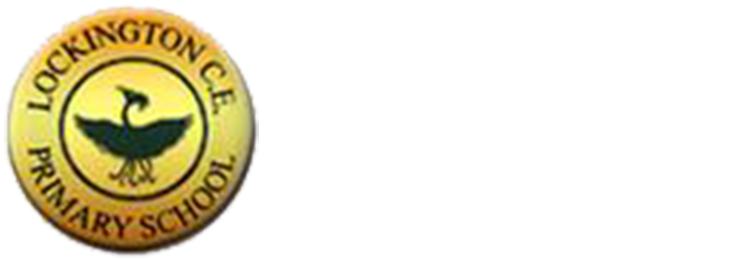In RE, children learn about religion and worldviews in local, national and global contexts, to discover, explore, consider and interpret different responses to life’s big questions. Studying religion and worldviews provides an opportunity to develop knowledge and understanding of important aspects of human experience.
“Children are growing up in a world where there is increasing awareness of the diversity of religious and other worldviews and the impact this diversity can have on individuals and society. Learning about religion and worldviews contributes dynamically to young people’s education by provoking challenging questions about meaning and the purpose in life, beliefs about God, issues of right and wrong and what it means to be human.” (East Riding Locally Agreed Syllabus, 2022)
The school follows the East Riding Locally Agreed Syllabus for Religious Education. Our curriculum for RE aims to ensure that all pupils develop religious literacy through:
- Knowing about and understanding a range of religions and worldviews, learning to see these through the disciplines of Theology, Philosophy and Social Sciences
- Expressing ideas and insights about the nature, significance and impact of religion and worldviews through a multidisciplinary approach whilst engaging critically with them
- Gaining and deploying skills taken from the disciplines of Theology, Philosophy and Social Sciences to enhance learning about religions and different worldviews.
The school also follows the Church of England Statement of Entitlement for Religious Education. Our school aims for all pupils are:
- To know about and understand Christianity as a diverse global living faith through the exploration of core beliefs using an approach that critically engages with biblical text.
- To gain knowledge and understanding of a range of religions and worldviews appreciating diversity, continuity and change within the religions and worldviews being studied.
- To engage with challenging questions of meaning and purpose of life, beliefs, the self, issues of right and wrong, and what it means to be human. To develop pupils’ knowledge and understanding of Christianity, other principal religions, and religious traditions that examine these questions, fostering personal reflection on spiritual and philosophical ways of living, believing and thinking.
- To enable pupils to build their sense of identity and belonging which helps them flourish within their communities and as citizens in a diverse society. To consider their responsibilities to themselves and others, and to explore how they might contribute to their communities and to wider society.
- To teach pupils to develop respect for others including people with different faiths and beliefs and help to challenge prejudice.
- To recognise the concept of religion and its continuing influence on Britain’s cultural heritage and in the lives of individuals and societies in different times, cultures and places.
We enhance the curriculum using a wide range of resources, including “Understanding Christianity.”
The time allocated to RE is as follows:
EYFS – Planned within the EYFS framework and taught weekly.
KS1 – 1-hour lesson weekly during three half terms (or equivalent)
KS2 – 1-hour and 15 minutes lesson during three half terms (or equivalent)
Units may be blocked.
Withdrawal
We note the Human Right of parents to withdraw their children from RE. The school must comply with any request from a parent to withdraw their child and parents are not required to give their reasons for wanting to do so. However, in view of the importance placed on RE as a core subject in a church school, we would hope that all children admitted will participate fully in RE. We aim to provide an open curriculum which can be taught to all pupils, by all staff. Teachers are asked to refer to the Headteacher any questions from parents about withdrawals. We ask that anyone wishing to withdraw their child would discuss this with the Headteacher before making this decision. Requests for full or partial withdrawal from RE should be made in writing to the head teacher and a record kept of them.
